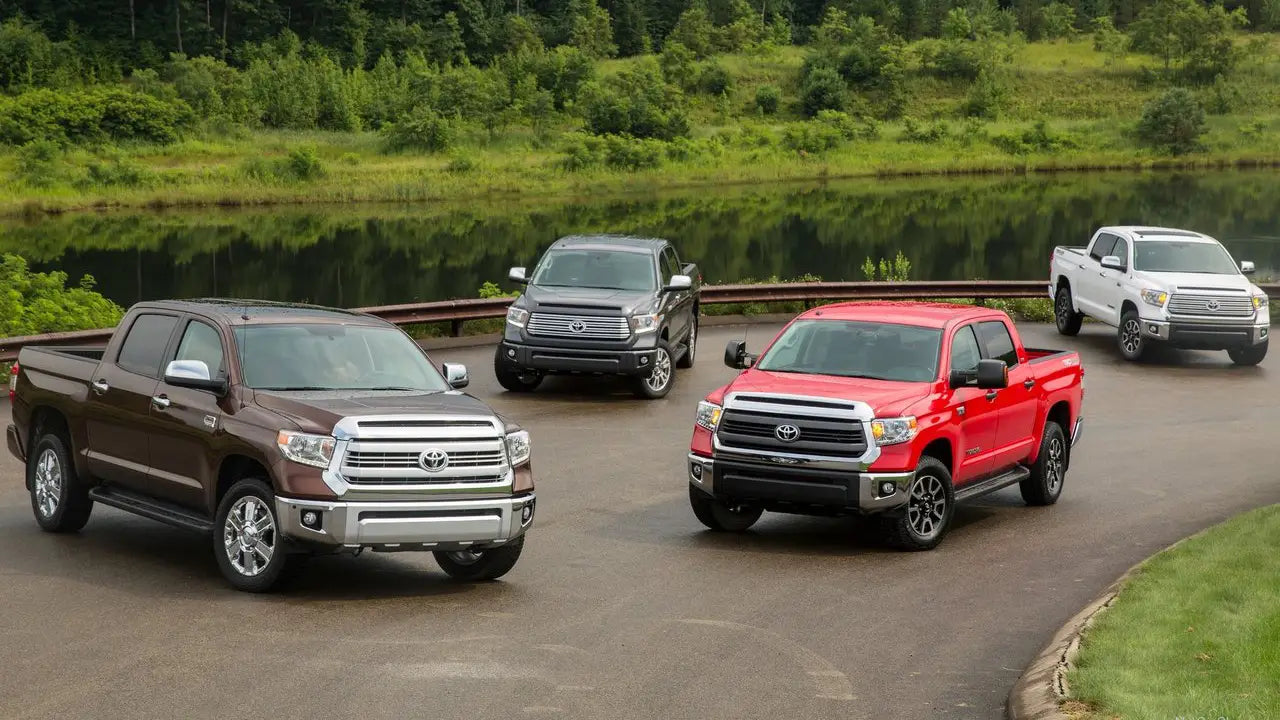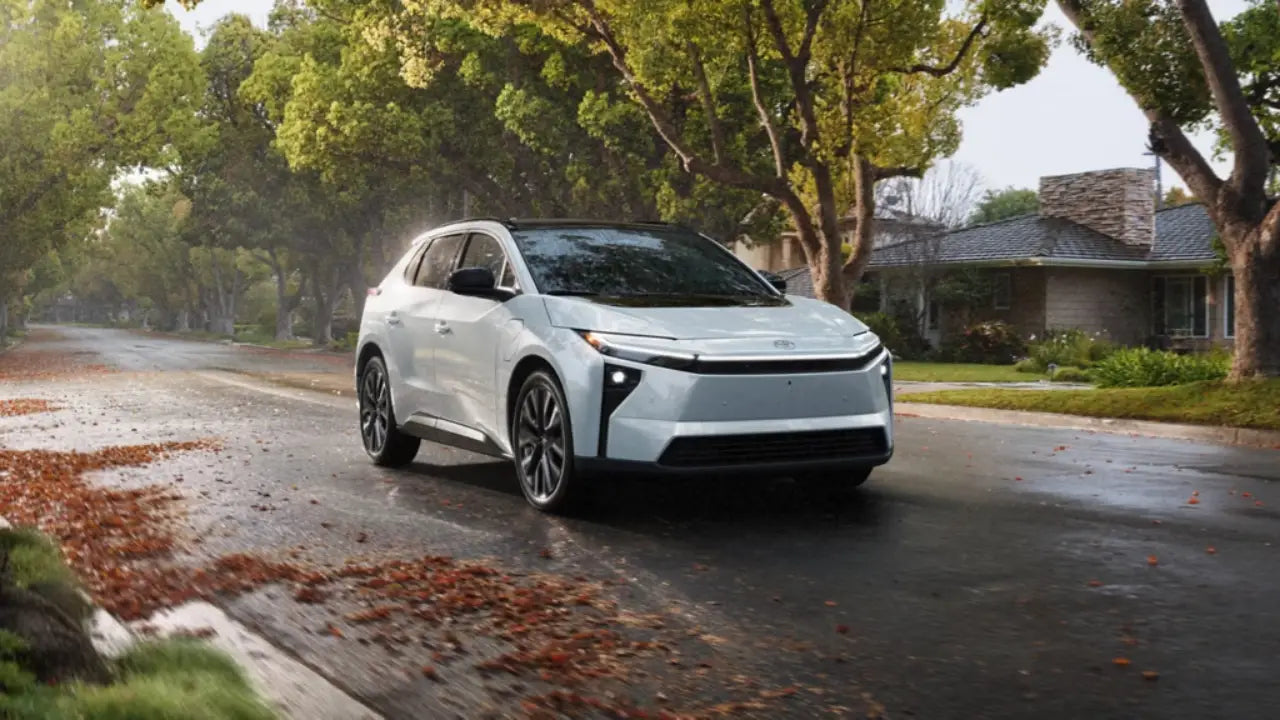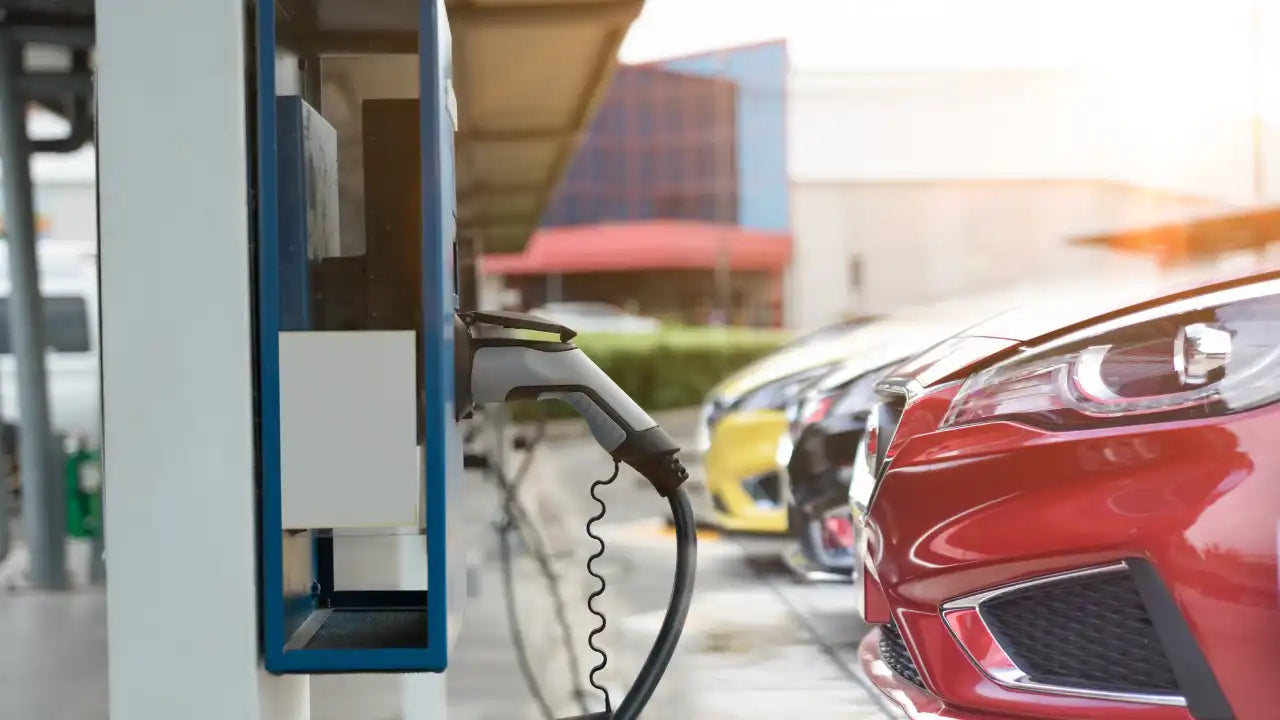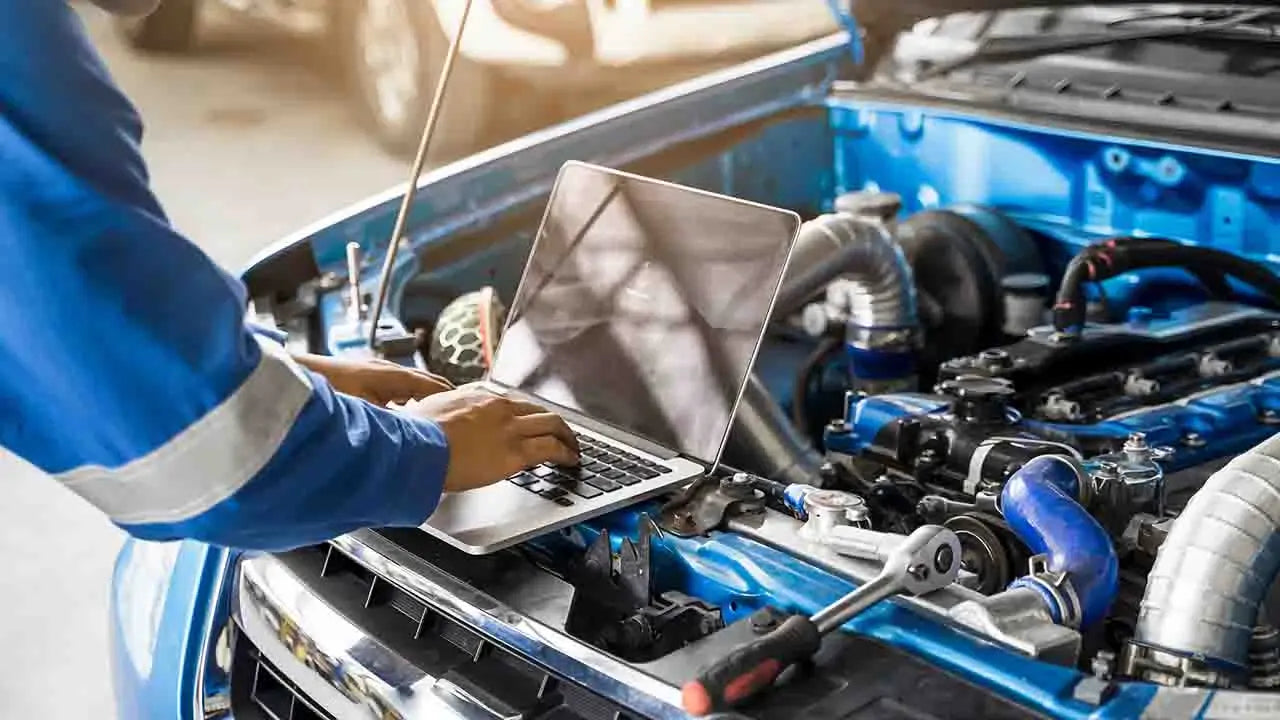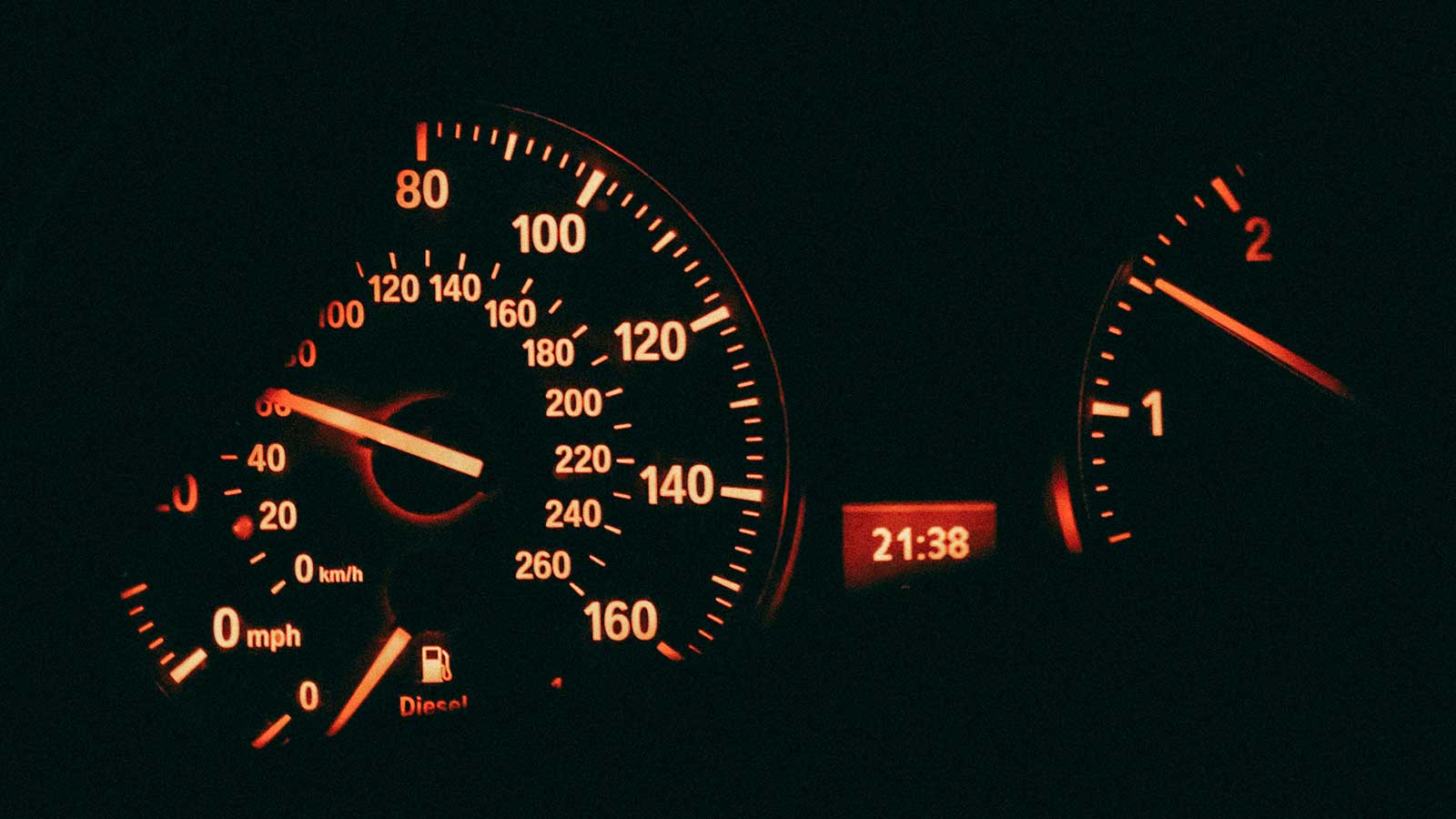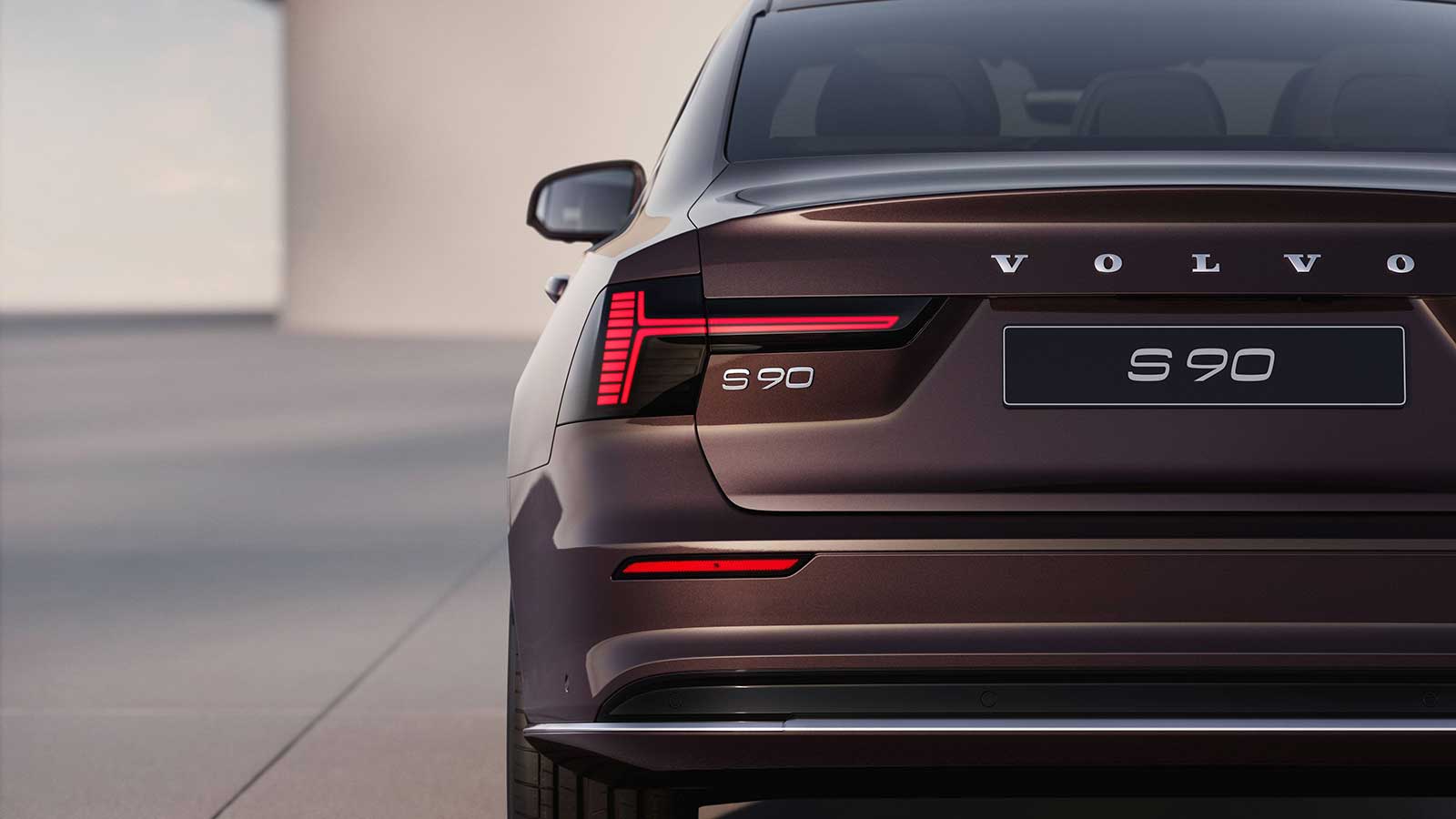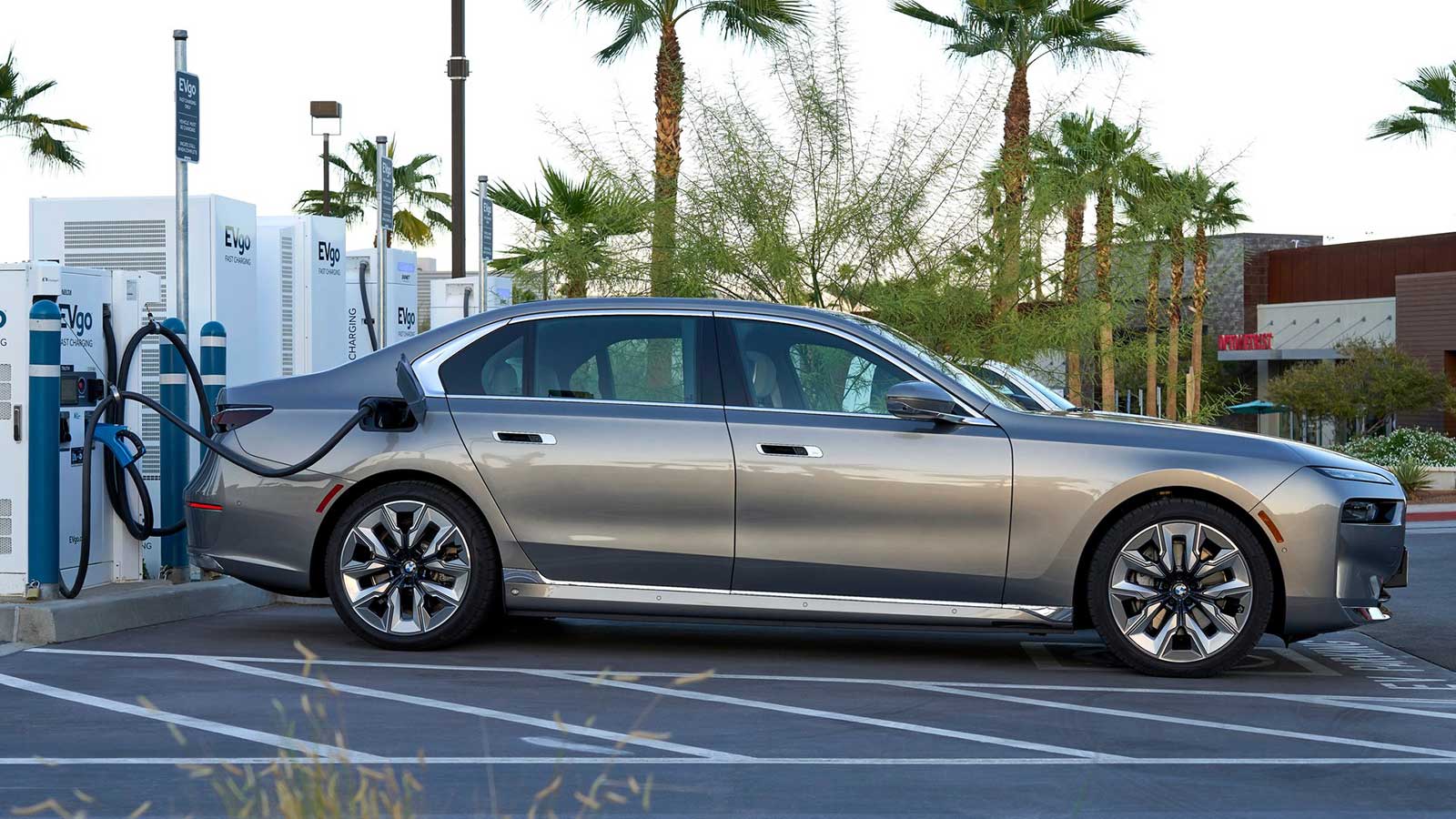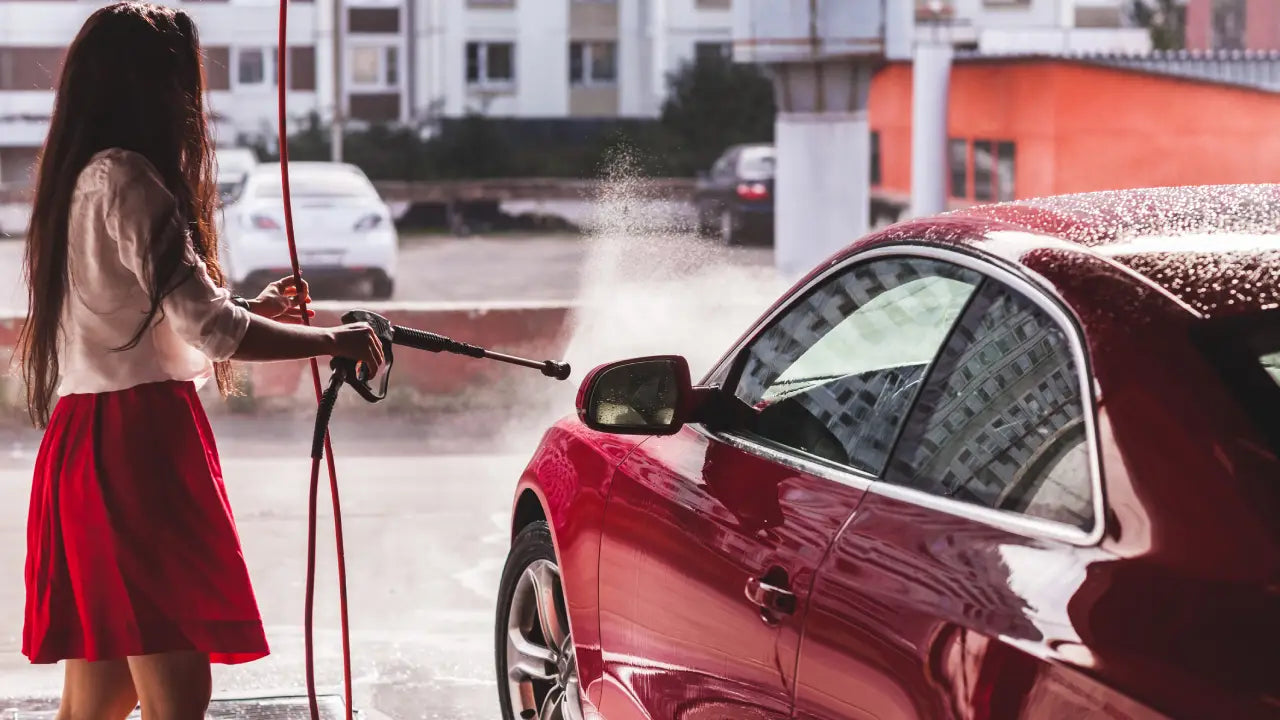Frenos son una característica vital de seguridad en cualquier vehículo, que permite a los conductores desacelerar o detenerse eficientemente en diversas situaciones. Sin embargo, los frenos sobrecalentados son una preocupación común, especialmente para quienes frecuentemente atraviesan pendientes pronunciadas, remolcan cargas sustanciales o practican una conducción agresiva. Comprender los indicadores de frenos sobrecalentados e implementar estrategias preventivas es crucial para garantizar la seguridad del vehículo y prolongar la durabilidad de los componentes de los frenos.
Esta guía detallada cubrirá todos los aspectos esenciales de los frenos sobrecalentados, incluyendo causas típicas, señales de advertencia, recomendaciones de mantenimiento y consejos de prevención para garantizar un rendimiento óptimo de los frenos en diversas condiciones de conducción.
Comprendiendo el sobrecalentamiento de los frenos
Sistemas de frenos básicamente convierten la energía del movimiento de un coche en calor mediante fricción. Básicamente, las pastillas de freno presionan contra los discos (o tambores en algunos coches), lo que crea la resistencia necesaria para desacelerar las ruedas. Este sistema está diseñado para manejar el calor, pero a veces, el calor producido puede ser demasiado para que las piezas de freno lo soporten.

Foto por grafvision en Envato
Si los frenos se calientan demasiado, los materiales que generan fricción, el líquido de frenos e incluso las partes metálicas como los discos o tambores pueden empezar a desgastarse. Esto puede causar una situación riesgosa llamada pérdida de eficacia de frenado, donde los frenos pueden perder su poder de detención por un momento o, en casos graves, incluso de forma permanente.
¿Cuáles son las causas comunes de los frenos sobrecalentados?
Varios factores pueden contribuir al sobrecalentamiento de los frenos, a menudo relacionados con los hábitos de conducción, la carga del vehículo y el mantenimiento. Veamos los factores clave de los frenos sobrecalentados:
Frenado prolongado en descensos pronunciados
Una de las formas más comunes de que un coche se sobrecaliente es seguir frenando mientras se baja una pendiente durante mucho tiempo. Esto ocurre mucho en zonas montañosas. Las pastillas y los discos se calientan mucho debido a la fricción constante que impide que los frenos se enfríen adecuadamente.
Carga pesada o remolque
Cuando añades peso extra, los frenos tienen que trabajar más, por lo que se necesita más esfuerzo para detenerse o reducir la velocidad. Usar remolques, arrastrar botes o mover objetos pesados puede hacer que el sistema de frenos se caliente mucho.

Conducción agresiva o a alta velocidad
Los frenos se calientan mucho cuando aceleras rápido y luego frenas bruscamente. Esto también se llama "stop-and-go" o "conducción enérgica". El sobrecalentamiento puede ocurrir en días de pista, en tráfico urbano o en autopistas de alta velocidad si los frenos no están diseñados para esas circunstancias.
Componentes de freno de calidad inferior
Usar pastillas de freno o ruedas de posventa de baja calidad puede dificultar la disipación del calor. Los materiales más baratos se desgastan y pierden eficacia más rápido que las piezas de alto rendimiento o OEM, y no pueden soportar altas temperaturas.
Mantenimiento deficiente o componentes desgastados
Los sistemas de frenos son tan efectivos como sus componentes más débiles. Las pastillas de freno desgastadas, los discos deformados, los líquidos de freno de baja calidad o las pinzas que no funcionan correctamente pueden afectar la capacidad del sistema de frenos para gestionar el calor, aumentando el riesgo de sobrecalentamiento.

Foto de Unai82 en Envato
¿Cuáles son los síntomas de frenos sobrecalentados?
Reconocer los primeros signos de sobrecalentamiento de los frenos es crucial para prevenir accidentes y evitar reparaciones costosas. Aquí están los síntomas más comunes de frenos sobrecalentados:
Eficiencia de frenado reducida
Una caída notable en la capacidad de frenado es una de las primeras señales de que tus frenos se están calentando demasiado. Si tienes que presionar el pedal de freno con más fuerza de lo habitual para reducir la velocidad, significa que la fricción entre la pastilla y el disco está comprometida.
Pérdida de eficacia de frenado
La pérdida de eficacia de frenado ocurre cuando el frenado repetido o prolongado hace que los frenos pierdan temporalmente su efectividad. Esto suele suceder durante descensos pronunciados, remolque pesado o conducción agresiva. La pérdida de eficacia es una señal de advertencia de que tu sistema de frenos está luchando por manejar el calor.
Olor a quemado
Los frenos sobrecalentados se identifican típicamente por un olor característico y fuerte similar a caucho quemado, químicos o metal. Este hedor, que podría ser una indicación de fallo inminente de los frenos, ocurre cuando el líquido de frenos o las pastillas están expuestos a temperaturas extremadamente altas o bajas.
Humo visible
En casos graves, puede verse humo saliendo de las ruedas o componentes de freno. Esto indica que las pastillas o discos se están sobrecalentando hasta el punto de descomposición química. Los frenos que echan humo requieren atención inmediata.
Vibraciones o pulsaciones en el pedal
Si los discos se calientan demasiado, pueden deformarse, haciendo que el pedal de freno vibre o pulse. Estas sensaciones son desagradables, dificultan detenerse y podrían indicar que los discos están dañados permanentemente.
Ruidos inusuales
Cuando los frenos se calientan demasiado, pueden emitir chirridos, rechinidos u otros sonidos metálicos extraños. Algo de ruido es normal al frenar, pero si escuchas sonidos fuertes o agudos al frenar con fuerza, podría significar que las pastillas o los discos están dañados.
Componentes de freno descoloridos
Cuando se calientan demasiado, los discos pueden volverse azules o morados. Esto podría no tener un efecto inmediato en el rendimiento, pero es una advertencia visual de que los frenos trabajan a temperaturas muy altas y podrían dañarse.

Foto de maxxyustas en Envato
Los riesgos de ignorar los frenos sobrecalentados
Descuidar los frenos sobrecalentados puede tener consecuencias graves, incluyendo:
-
Reducción de la distancia de frenado, aumentando el riesgo de colisiones.
-
Pérdida de eficacia de los frenos o falla total, especialmente bajo frenadas intensas repetidas.
-
Desgaste prematuro de las pastillas y discos de freno, lo que conduce a reparaciones costosas.
-
Daño al líquido de frenos, ya que el calor excesivo puede hacer que hierva, reduciendo la presión hidráulica y la eficiencia del frenado.
-
Los accidentes potenciales ponen en riesgo al conductor, pasajeros y a otros en la vía.
Comprender estos riesgos refuerza por qué las medidas y el mantenimiento adecuado son vitales.
Medidas preventivas para evitar el sobrecalentamiento de los frenos
Prevenir el sobrecalentamiento de los frenos implica una combinación de técnicas de conducción cuidadosas, mantenimiento rutinario y selección de los componentes adecuados. Veamos cómo prevenir el sobrecalentamiento de los frenos:

Photo by NewJadsada on Envato
Use el frenado por motor en descensos empinados
Al descender colinas largas o empinadas, cambie a una marcha más baja en lugar de depender únicamente de los frenos. El frenado por motor reduce la carga de trabajo sobre los frenos, minimizando la acumulación de calor y previniendo la pérdida de eficacia. Esto es especialmente efectivo para vehículos con transmisión manual, pero los automáticos también permiten la selección de marchas para el frenado por motor.
Mantenga niveles y calidad adecuados del líquido de frenos
Los líquidos de freno transfieren la presión hidráulica desde el pedal hasta las pinzas. Los frenos sobrecalentados pueden hacer que el líquido hierva, reduciendo la eficiencia del frenado. Revise regularmente los niveles de líquido de frenos y cámbielo según las recomendaciones del fabricante, usando un líquido de alta calidad adecuado para su vehículo.
Evite conducir con el freno pisado
La presión ligera continua sobre el pedal de freno, a menudo llamada “conducir con el freno pisado”, genera calor innecesario. Aplique los frenos con firmeza cuando sea necesario y suéltelos para permitir que se enfríen siempre que sea posible.
Reduzca la velocidad al remolcar o transportar cargas pesadas
El peso extra exige un mayor esfuerzo de frenado. Mantenga velocidades moderadas y planifique distancias de frenado más largas para evitar el sobrecalentamiento.
Permita que los frenos se enfríen después de un uso intensivo
Después de remolcar, conducir largas bajadas o conducir de forma enérgica, da a tus frenos la oportunidad de enfriarse. Evita estacionar inmediatamente después de frenadas fuertes; una conducción lenta permite que el calor se disipe naturalmente.
Actualiza los Componentes de Frenos si es Necesario
Las pastillas y discos de freno de alto rendimiento o para uso pesado pueden soportar temperaturas más altas. Si remolcas mucho, conduces agresivamente o pasas por montañas frecuentemente, obtener mejores piezas puede ayudar a evitar el sobrecalentamiento. Las pastillas cerámicas, discos ventilados y pinzas de grado rendimiento también son excelentes opciones.
Monitorea el Rendimiento de los Frenos y Atiende los Problemas Rápidamente
Si notas una reducción en la eficiencia de frenado, olores inusuales, humo o vibraciones, atiende el problema de inmediato. Conducir con frenos comprometidos es extremadamente peligroso.
Impacto de los Frenos Sobrecalentados en el Rendimiento
Los frenos sobrecalentados tienen un efecto directo y peligroso en el rendimiento del vehículo, reduciendo la potencia de frenado, causando desvanecimiento de frenos y frecuentemente dejando el pedal blando o sin respuesta. Si tu coche aún no rinde como debería, incluso después de reparar o reemplazar frenos sobrecalentados, y no hay otros problemas subyacentes, podría ser momento de pensar en actualizar con la mejor pieza del mercado para sacar el máximo provecho de tu vehículo. ¡Sigue leyendo para saber más!
Cómo Mejorar el Rendimiento de Tu Coche con Pedal Commander®
Cuando se trata de mejorar el rendimiento del coche, muchos conductores suelen pensar en la afinación del motor, sistemas de escape, o mejoras de suspensión. Estas mejoras pueden aumentar la potencia pero generalmente requieren configuraciones costosas y complejas. ¿Y si pudieras aumentar instantáneamente la capacidad de respuesta y la sensación de conducción de tu coche sin modificaciones complicadas? Ahí es donde Pedal Commander® entra en acción.

Como el controlador de respuesta del acelerador más práctico y versátil, Pedal Commander® te da control total sobre cómo reacciona tu vehículo cuando presionas el pedal del acelerador. A diferencia de las mejoras de rendimiento tradicionales y complejas, Pedal Commander® se instala en minutos y desbloquea inmediatamente la potencia bruta de tu coche sin cambiar la configuración de fábrica del motor. Veamos lo que ofrece Pedal Commander®:
-
Modifica la Señal del Pedal del Acelerador: Pedal Commander® se conecta al sensor del pedal del acelerador drive-by-wire y modifica la señal original para eliminar las restricciones de fábrica.
-
Respuesta Instantánea del Acelerador: Pedal Commander® ofrece una aceleración ultrarrápida al eliminar el retraso del acelerador de tu pedal.
-
Instalación Sin Esfuerzo: Pedal Commander® está diseñado para ser completamente plug-and-play. Se instala en menos de 15 minutos sin necesidad de conocimientos técnicos ni herramientas especializadas.
-
Configuraciones Personalizables: Pedal Commander® te permite ajustar la respuesta del acelerador de tu vehículo para que coincida con tu estilo de conducción preferido con sus cuatro modos ajustables: ECO, CITY, SPORT y SPORT+.
-
Función Antirrobo: Cuando se activa, la función antirrobo de Pedal Commander® desactiva el pedal del acelerador del vehículo, ¡asegurando que nadie pueda conducirlo o, peor aún, robarlo! Disfruta de esta función durante los primeros 14 días GRATIS, luego suscríbete fácilmente a través de la aplicación móvil Pedal Commander® y elige entre dos planes de suscripción: $0.99 por mes o $9.99 por año, ¡más barato que un snack de gasolinera!



